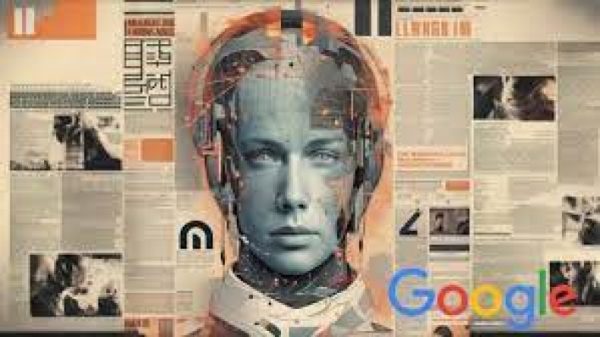
The “journalists’ personal assistant,” as termed by Google, has been designed to alleviate journalists’ workload by handling specific writing tasks, enabling them to focus on other important assignments.
Google has invited prominent media outlets like the New York Times, the Wall Street Journal, and the Washington Post to try it out.
About ‘Genesis’
Genesis leverages AI technology to analyze and incorporate information, including real-time updates on current events, to generate news stories automatically. The company clarified that it is currently in the early stages of exploring this AI tool’s capabilities.
Aptly termed “journalists’ personal assistant,” it has the potential to assist journalists by suggesting headline options and offering different writing styles.
Will Genesis Replace Human Journalists?
Last month, KPMG released a report estimating that AI tools could potentially handle around 43% of the tasks currently performed by authors, writers, and translators.
However, Google downplays these concerns and emphasizes that the purpose of this technology is not to replace journalists but to serve as a valuable complement to their work, enhancing their efficiency and productivity.
Early reports indicate that Google’s new tool takes a distinctive approach, steering away from complete automation and instead envisioning a collaborative partnership between human authors and AI assistants.
This concept suggests that journalists may embrace generative AI as labor-saving tools, similar to how typewriters, word processors, and spell checkers were adopted in the past.
The goal is to enhance the writing process while maintaining the unique contribution of human creativity and expertise.
Concerns About Automating the Writing Process
The temptation to fully automate the writing process could emerge to cut costs. Critics fear that an excessive drive towards automating content production may lead to noise and misinformation on the internet, with bots generating content that perpetuates and feeds off other bot-generated content. This could result in human-crafted content becoming isolated or restricted from the open web, potentially exacerbating access and information quality issues.


